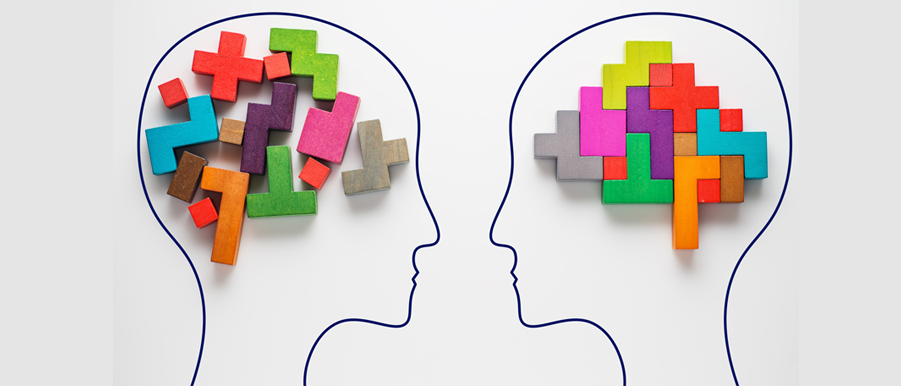 12 May. 2023
12 May. 2023
by : Dr. Prakhar Jain
What is Good Mental Health
What is Good Mental Health
Good mental health is a state of psychological well-being that allows individuals to function effectively in their daily lives. It is the foundation for achieving happiness, success, and a fulfilling life. Mental health is a crucial aspect of our overall health and well-being, and it is essential to take care of our mental health just as we take care of our physical health. In this blog, we will explore what good mental health is, why it is essential, and some practical tips for maintaining good mental health.
What is Good Mental Health?
Good mental health is a state of well-being in which individuals can cope with the normal stresses of life, work productively, and contribute to their communities. It is characterized by positive emotions, healthy relationships, resilience, and a sense of purpose and meaning in life. Good mental health is not the absence of mental illness but rather the presence of psychological wellness.
Why is Good Mental Health Essential?
Good mental health is essential for several reasons. Firstly, it is the foundation for achieving happiness and fulfillment in life. When we are mentally healthy, we are more likely to experience positive emotions, such as joy, contentment, and gratitude. We are also more resilient and better able to cope with the challenges and stressors that life presents.
Secondly, good mental health is essential for maintaining good physical health. Mental and physical health are closely linked, and poor mental health can lead to physical health problems, such as chronic stress, heart disease, and obesity. By taking care of our mental health, we can improve our physical health and reduce the risk of developing chronic illnesses.
Thirdly, good mental health is crucial for building and maintaining healthy relationships. When we are mentally healthy, we are better able to communicate effectively, build trust, and form meaningful connections with others. Good mental health allows us to have more fulfilling relationships, which can improve our overall well-being.
Tips for maintaining good mental health
There are many things that we can do to maintain good mental health. Here are some practical tips:
- Practice self-care: Self-care is essential for maintaining good mental health. This involves taking care of yourself physically, emotionally, and mentally. Some examples of self-care activities include getting enough sleep, eating a healthy diet, exercising regularly, and engaging in activities that you enjoy.
- Build strong relationships: Healthy relationships are crucial for good mental health. Make an effort to build and maintain strong relationships with family, friends, and colleagues. This involves communicating effectively, listening actively, and showing empathy and understanding.
- Manage stress: Stress is a normal part of life, but too much stress can be harmful to our mental health. Learn to manage stress effectively by practicing relaxation techniques, such as deep breathing, meditation, or yoga.
- Practice mindfulness: Mindfulness is the practice of being present and fully engaged in the moment. It can help to reduce stress, improve concentration, and promote positive emotions. Some examples of mindfulness practices include meditation, deep breathing, and mindful walking.
- Seek help when needed: If you are experiencing mental health problems, it is essential to seek help. This may involve talking to a friend or family member, seeking professional help from a mental health provider, or joining a support group.
- Set goals: Having goals gives us a sense of purpose and direction in life. Set realistic and achievable goals for yourself, whether it's personal or professional. Having goals can help to increase motivation and improve overall well-being.
In conclusion, good mental health is essential for living a fulfilling and meaningful life. By taking care of our mental health, we can improve our overall well-being, build healthy relationships, and achieve our goals. Remember to practice self-care, build strong relationships, manage stress, practice mindfulness, seek help when needed, and set goals.
